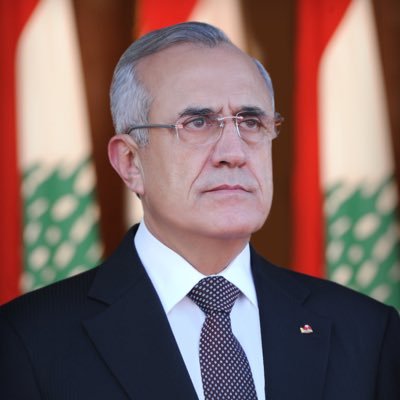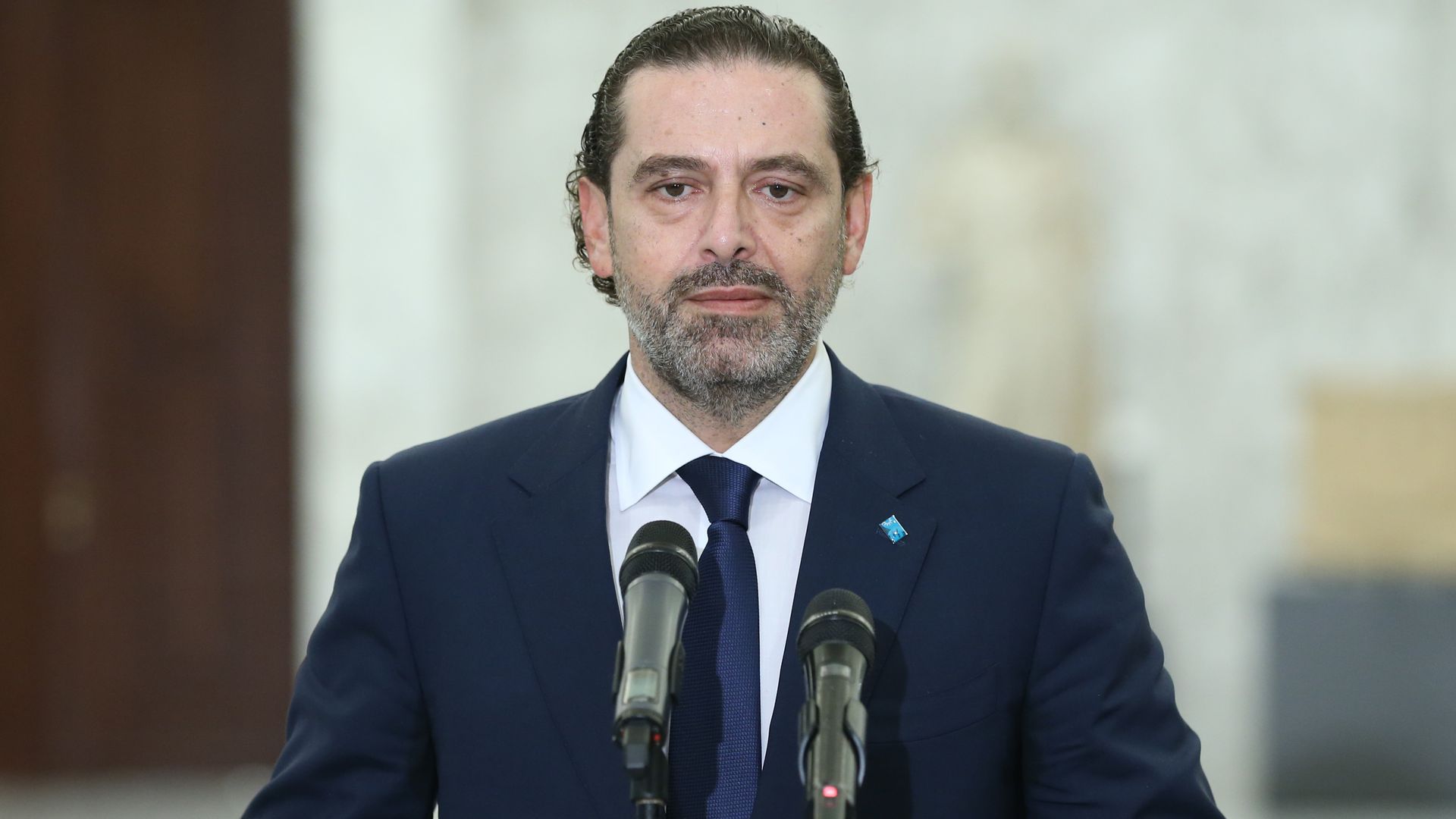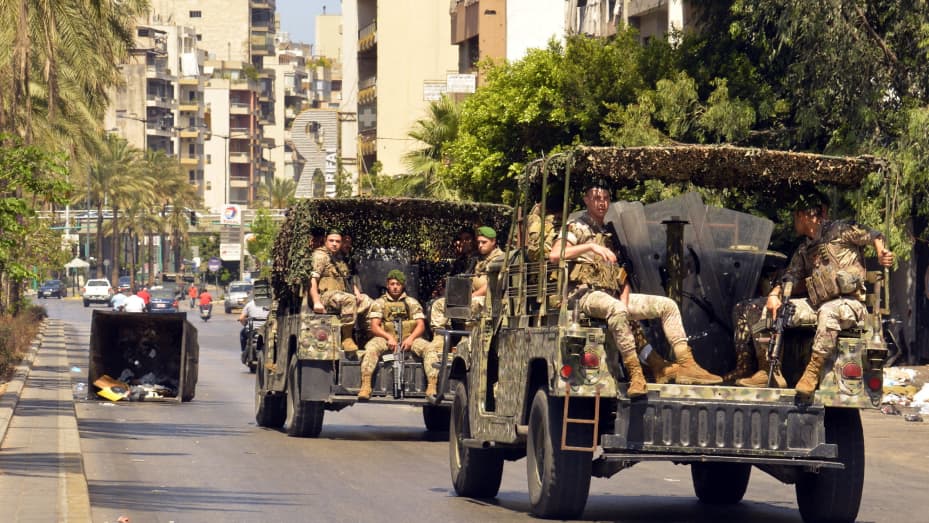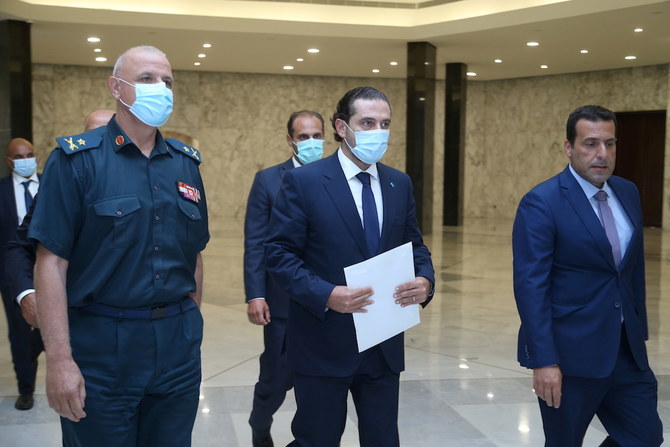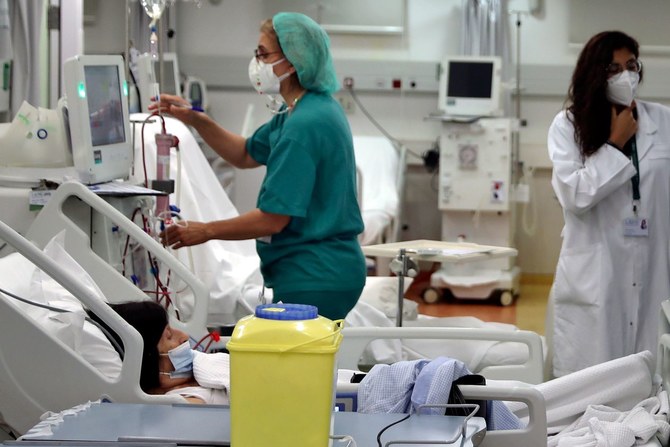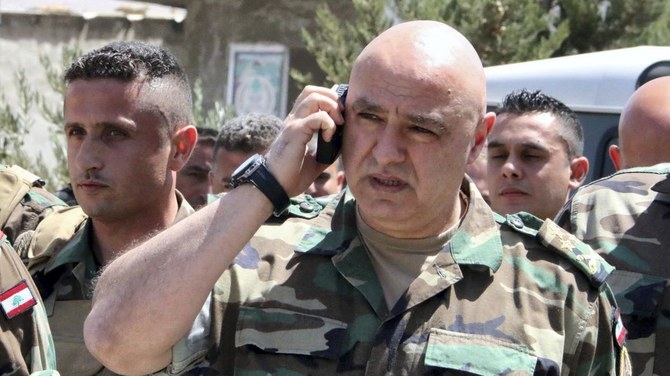
By Najia Houssari — arabnews.com — BEIRUT: Riots left more than two dozen people injured in Tripoli on Friday, including 10 soldiers, as tensions continued to rise in Lebanon. “The situation seems to be getting worse, and things are about to escalate because we are facing a difficult political and social fate,” said Lebanese Armed Forces Commander Gen. Joseph Aoun as he inspected army units deployed to the Bekaa Valley. Meanwhile the international community continued to call for progress in the country’s stalled political process. France, the EU and the US have urged Lebanese politicians to form a new government as a matter of urgency, and an international conference is being planned to support the efforts. “All concerned parties need to work with urgency to put in place a government that’s able to implement reforms immediately,” US Secretary of State Antony Blinken said on Thursday night in a message posted on Twitter.
The Arab League said its secretary-general, Ahmed Aboul Gheit, and his UN counterpart, Antonio Guterres, had agreed during a meeting in New York that the situation in Lebanon is going from “bad to worse.” The former said he hoped that “the international community will succeed in helping the Lebanese overcome the crisis.” As he inspected his forces on Friday, Aoun told them: “Our responsibility is great at this stage. We are required to preserve the security and stability of the homeland and prevent chaos.”
BACKGROUND The Arab League said its secretary-general, Ahmed Aboul Gheit, and his UN counterpart, Antonio Guterres, had agreed during a meeting in New York that the situation in Lebanon is going from “bad to worse.” He said he considers the military to be “the only institution that is still active,” and added: “The army is the deterrent to chaos. I know that you will not allow anyone to invade our land, and you will not allow these circumstances to make you lose your sense of belonging to your homeland, your identity and your land. “What we are experiencing today is a temporary crisis and it will pass.” Private companies and institutions allowed employees to leave work early on Friday so that they could get home before roads were blocked. Angry crowds took to the streets for a second consecutive day to protest against fuel shortages and the continuing steep rise in the dollar exchange rate on the black market. Demonstrations had broken out across the country on Thursday, immediately after Prime Minister-designate Saad Hariri announced his resignation after nine months of failed wrangling with President Michel Aoun over the formation of a new government.
